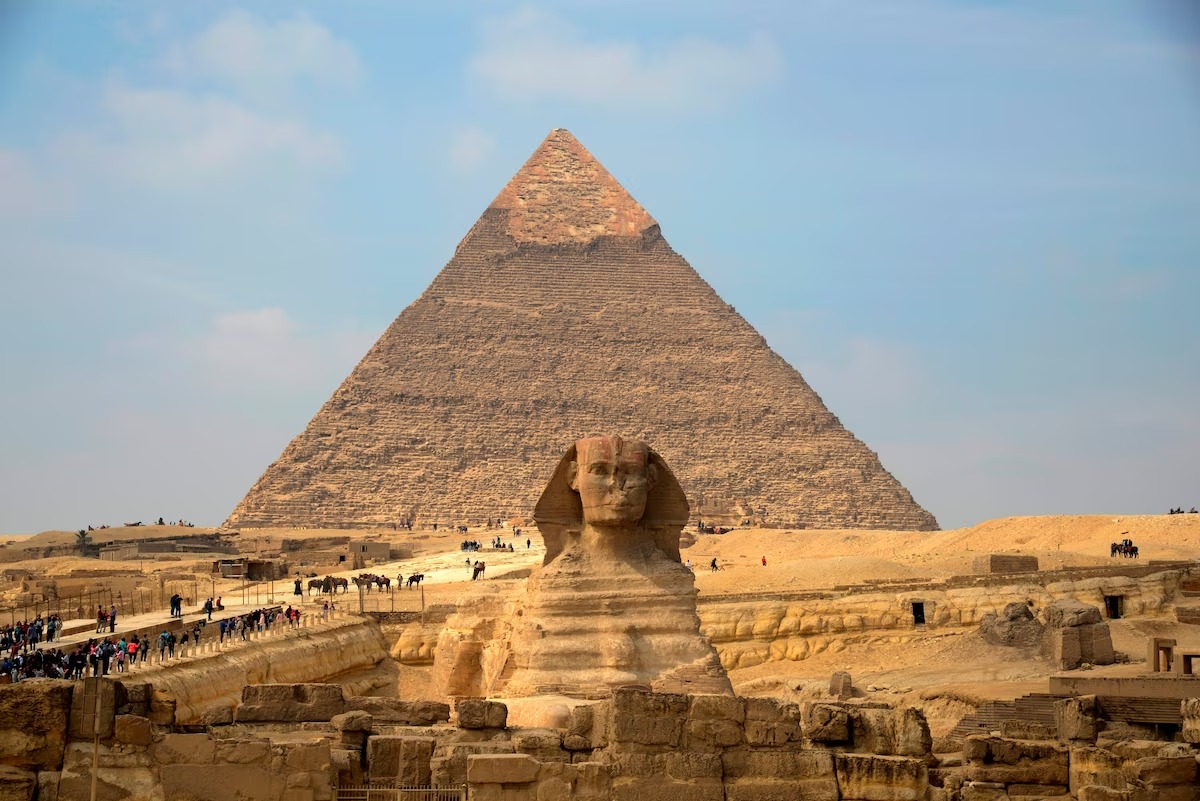The Egyptian Menkaur Pyramid Review Committee (MPRC) has unanimously rejected a plan to restore scattered granite body blocks around the smallest of the three Giza pyramids. The decision aims to preserve the pyramid’s universal and archaeological significance, as reported by Azernews, citing foreign media.
Comprising engineers and archaeologists, including specialists from Egypt, the USA, the Czech Republic, and Germany, the committee based its rejection on the need to protect the pyramid in its current state. This decision, now with the Ministry of Tourism and Ancient Monuments of Egypt, underscores the pyramid’s exceptional value.

The committee’s report highlights the impossibility of determining the original position of any hull block, preventing their return to their initial places. Reinstalling these blocks would alter the pyramid’s ancient fabric and appearance, erasing important evidence of ancient Egyptian design methods.
While the committee permitted archaeological excavations to locate Menkaur Pyramid boat pits, similar to those near the Khufu and Khafra pyramids, it emphasized the need for detailed scientific research. The search for boat pits must not compromise the pyramid’s foundation, and any excavation should be scientifically justified.
The committee approved a scientific and archaeological project to systematically collect fallen granite blocks, identify surrounding debris, and clean the area around the Menkaur pyramid. The report also outlined procedures for UNESCO coordination in the pyramid’s restoration.

